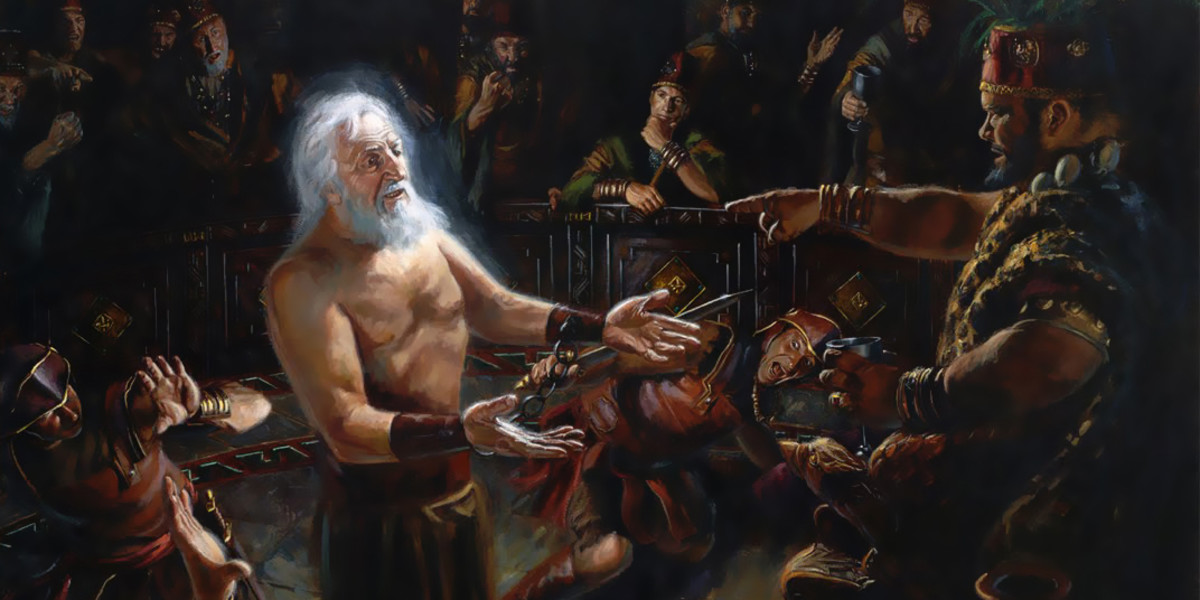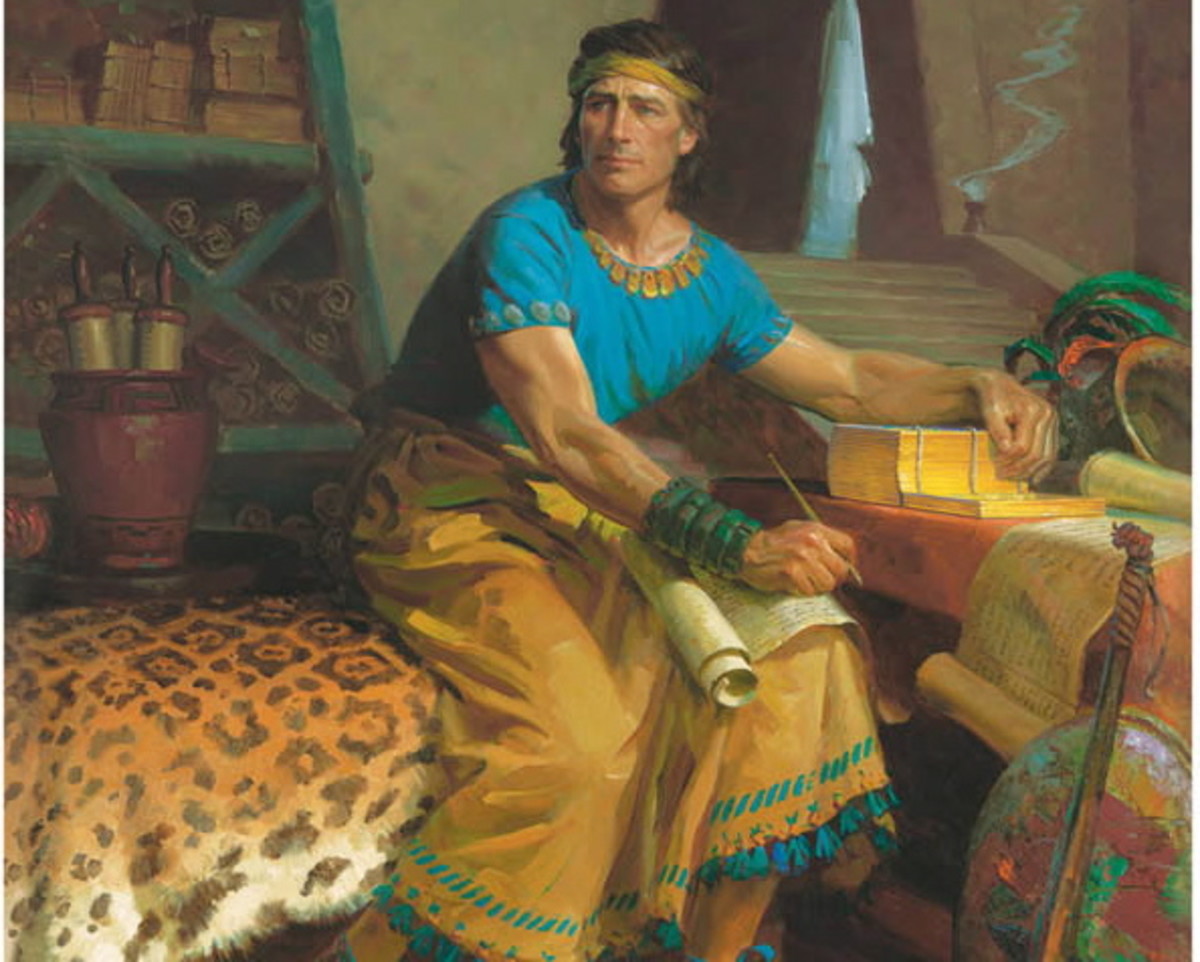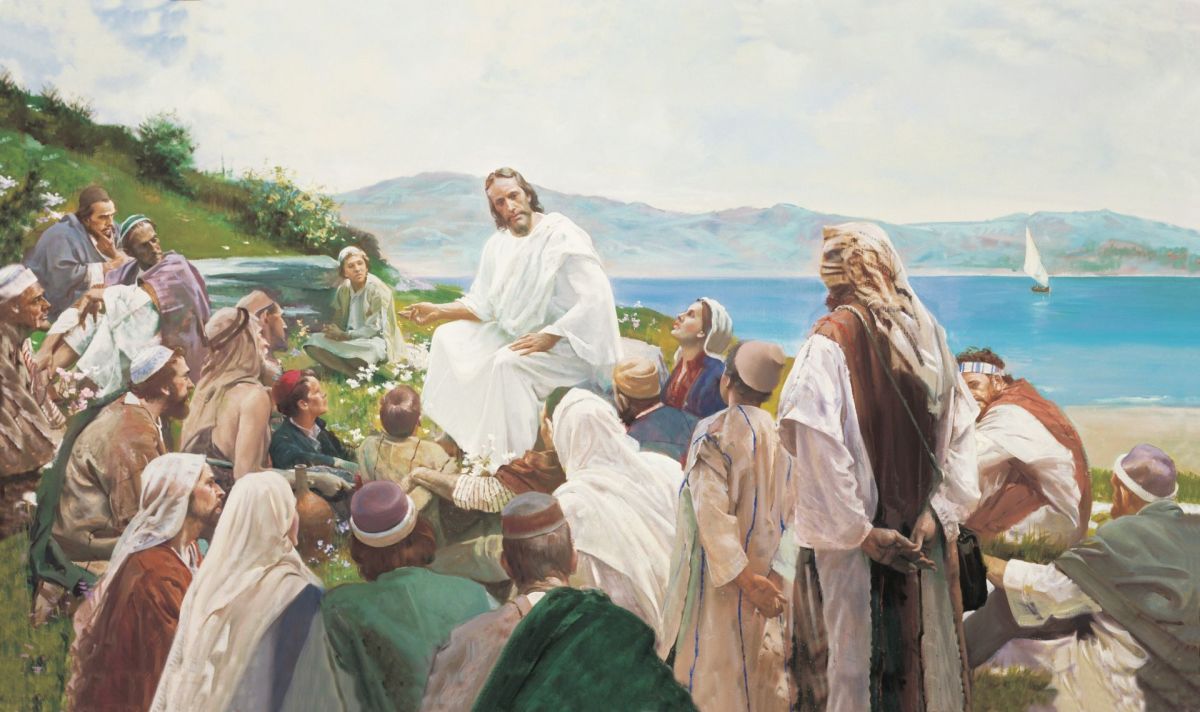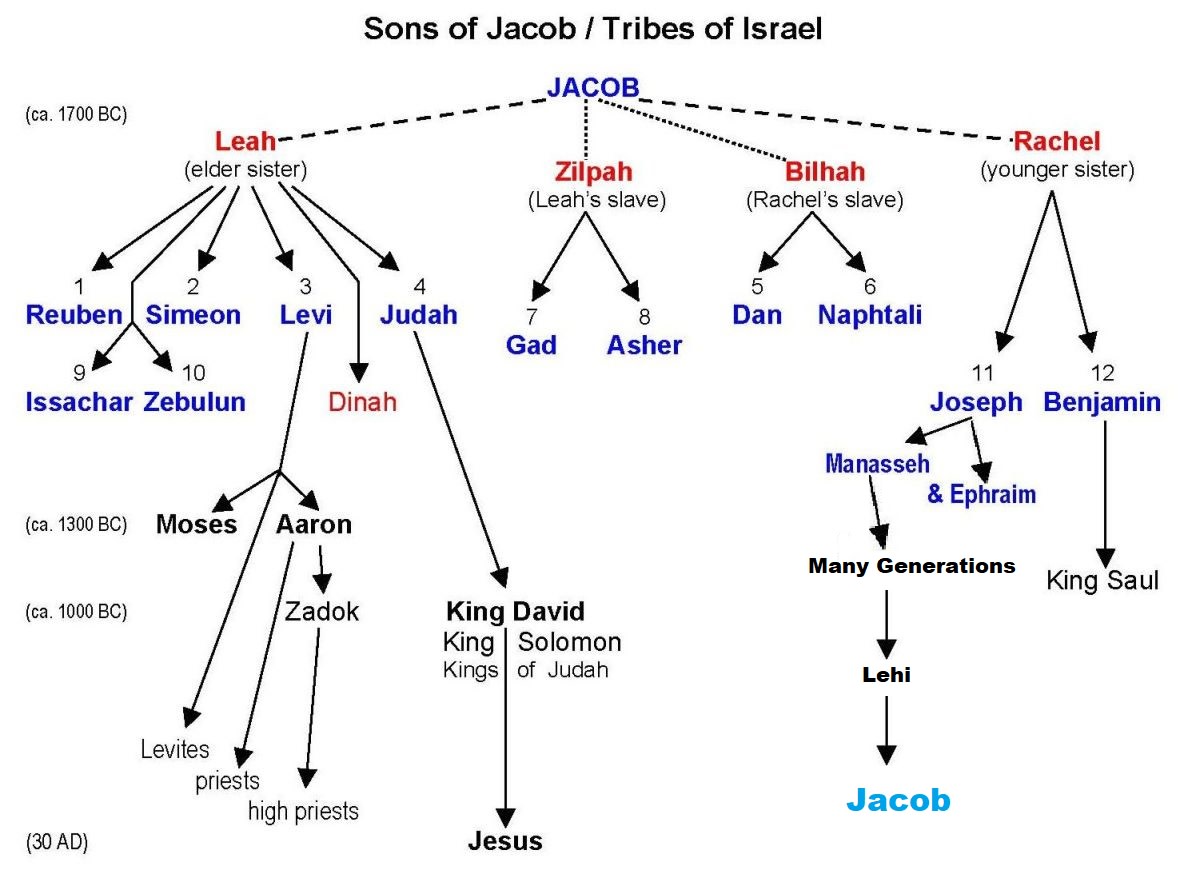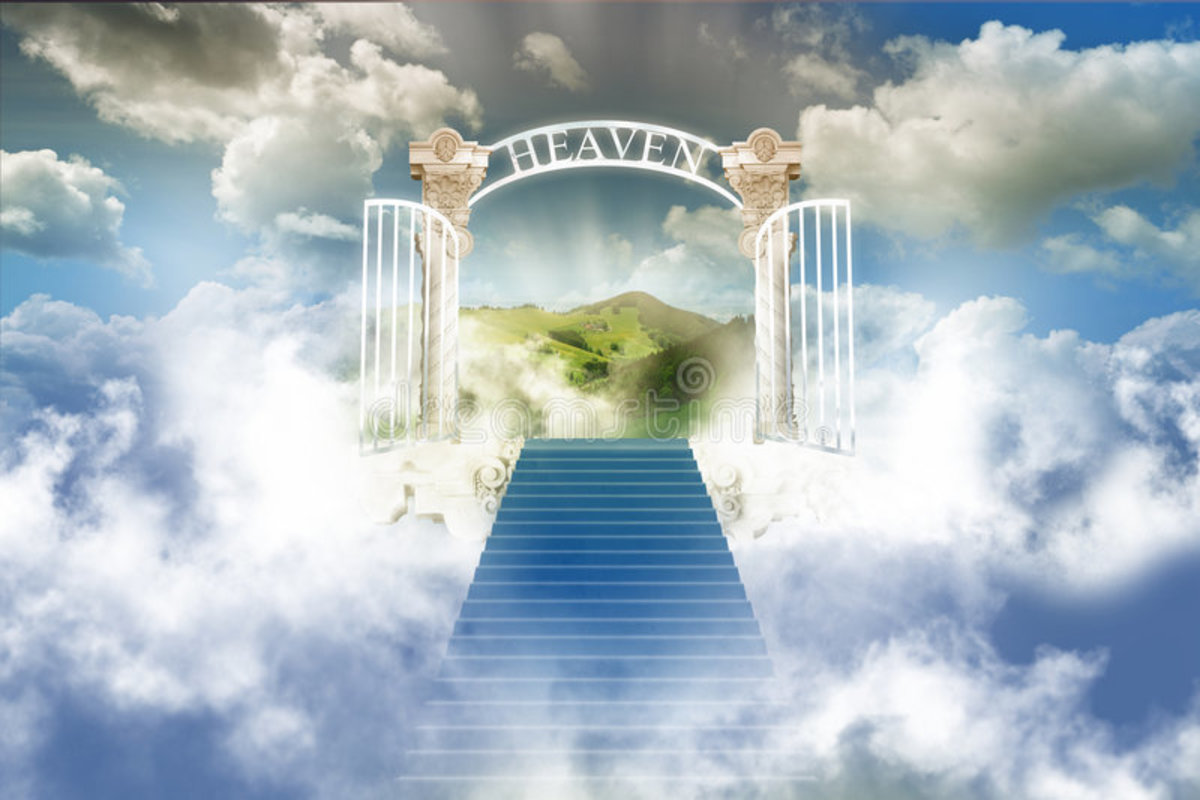Abinadi the Martyr: Testifies of Christ by Martyrdom
A Shadow of Christ in an Apostate World
Abinadi, a courageous missionary, unknown beyond the brief account in the Book of Mosiah, ministered among a small group of ancient Americans called Zeniffites—a subset of the Nephite people. In 150 BC, he put himself in grave danger to preach repentance through Jesus Christ.
Abinadi became a prophetic type or shadow of the life of Christ due to the events that unfolded during his ministry among this remote branch of the Nephite nation—believed by Latter-day Saints to be among the principal ancestors of Native Americans.
A “type” or “shadow” refers to historical events that symbolize or foreshadow greater spiritual truths or future fulfillments.
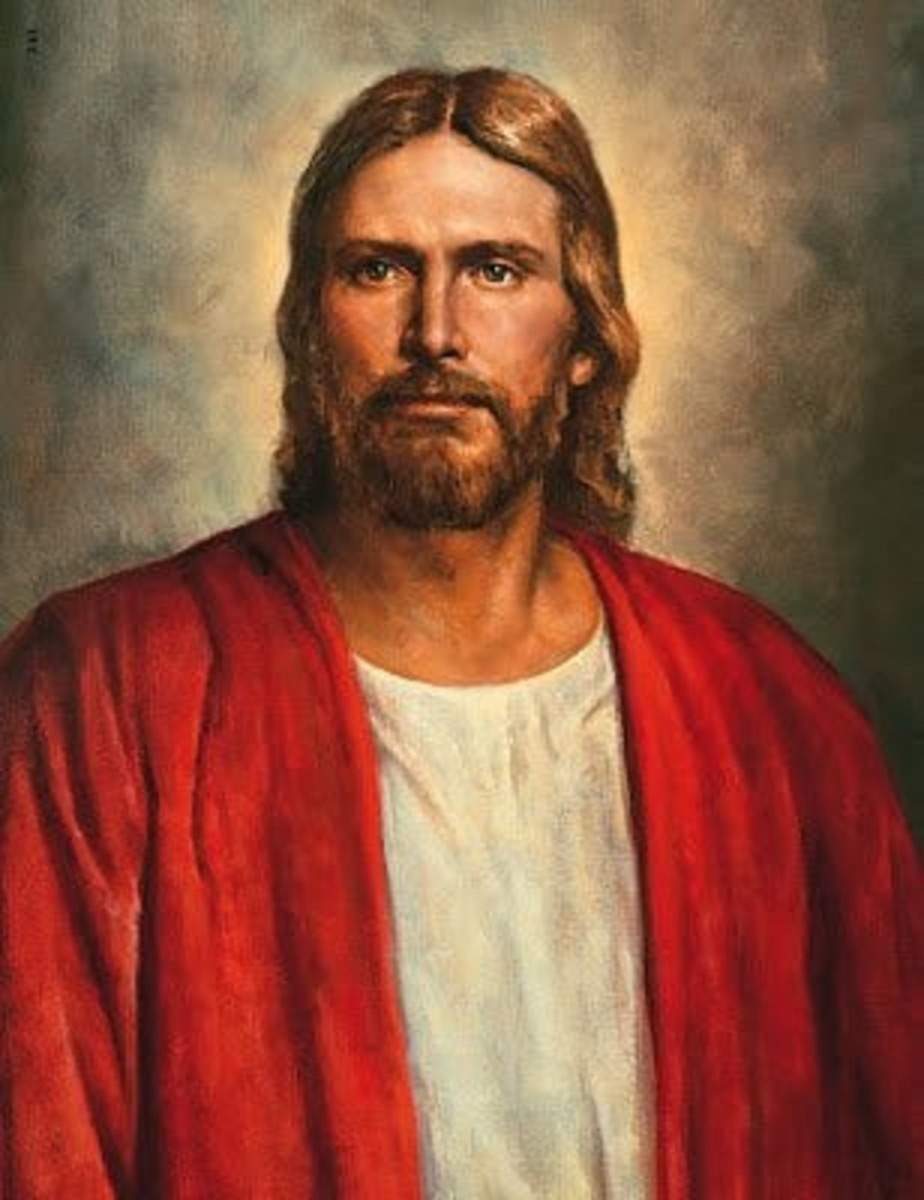
Priests, Power, and Politics: Human Motives Behind the Rejection of Prophets
King Noah and his priests—much like the Jewish sect leaders in Jerusalem, including the Sadducees, Pharisees, and scribes—wielded political and religious control over the people. These leaders could have heeded or rejected a divine warning that might have spared them the dire judgments Abinadi declared.
Abinadi's teachings threatened the priestcraft of Noah’s priests, who glutted themselves on the wealth of the people, taxing them one-fifth of their increase.
Similarly, the religious leaders who rejected Jesus did so to protect their political alliance with Rome. Their priority was maintaining influence, preserving the temple’s sanctity from Roman encroachment, and securing their societal standing.
From a purely humanistic view, the priests of both cultures may have believed they were doing what was best. King Noah sought civic progress for his people. The sect leaders in Christ’s time strove to maintain regional stability and Jewish autonomy in daily life.
Yet the idea of a Messiah who came without political deliverance was unthinkable to these leaders. In both Noah’s court in Shilom and the Sanhedrin of Jerusalem, the Christ who did not overthrow Rome was dismissed—whether true or not.
Why the Messiah Was Rejected: Misreading the Law of Moses in Two Civilizations
"Abinadi the Martyr: A Prophetic Shadow of Christ in an Apostate World" addresses the cultural aspects of both men's societies to provide context to the martyrdom of each. Simply, the societies of these men both rejected the understanding of the Mosaic Law that the Messiah would come in the form He came. Because Jesus and Abinadi dared to challenge the cultural and religious assumptions of their day, death followed.
Parallels Between Abinadi and Christ: Prophets Rejected by Their Own
-
Preached to apostate societies
-
Neither authorized by the local priesthood
-
Both informed the people to repent
-
Both rejected by the priests and the king
-
Both societies accused them of treason
-
The king for both could have released them but did not
-
Both martyred for their preaching
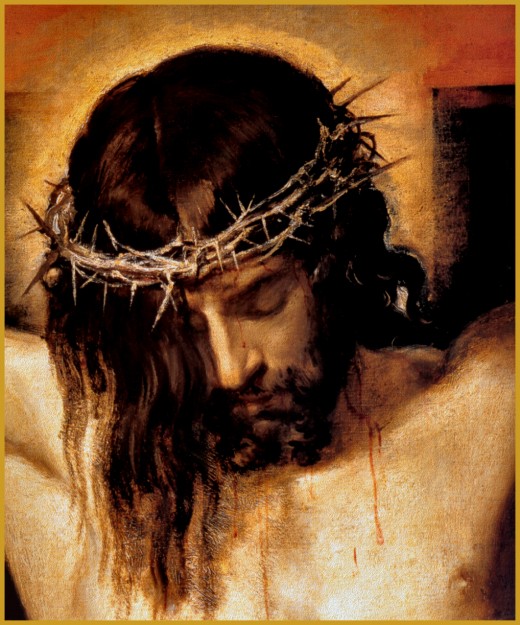
Jesus the Martyr: Betrayal, Trial, and Divine Submission
Jesus was betrayed by His own people and delivered to the Romans, who crucified Him. Before this, He had declared His gospel to the world. His enemies could not seize Him by force—He went willingly with a band of conspirators who handed Him over for illegal judgment by Hebrew leaders and condemnation by the Sanhedrin.
When Peter, in his zeal, defended Him by severing a man’s ear, Jesus told him to stop—reminding him that He could summon legions of angels, but He would not. Christ prophesied that Peter would deny Him three times. Perhaps it was both a warning and a survival command. Either way, Peter would live to become the rock of the early Church.

Abinadi the Martyr: Condemned by Fire, Vindicated by God
Abinadi faced a similar fate. Bound and sentenced to die by fire, he declared a final prophecy as flames began to consume him. Mosiah 17:14–20 records:
Behold, even as ye have done unto me, so shall it come to pass that thy seed shall cause that many shall suffer the pains that I do suffer, even the pains of death by fire; and this because they believe in the salvation of the Lord their God…
Thus God executeth vengeance upon those that destroy His people. O God, receive my soul.
[And then,] Abinadi fell, having suffered death by fire.
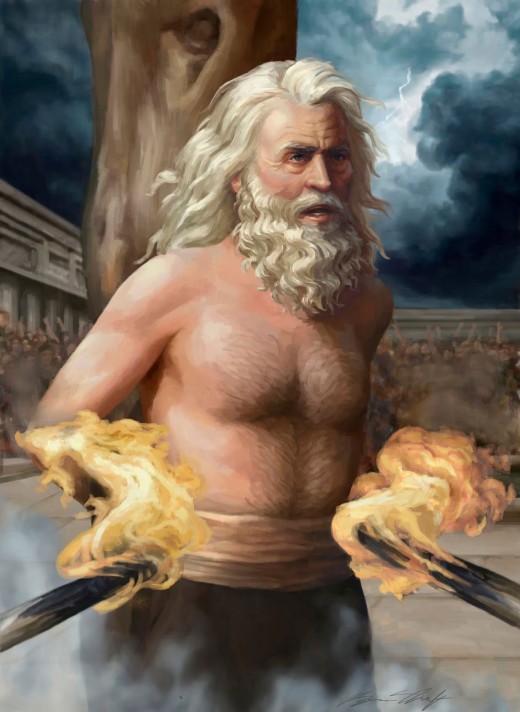
Points to Ponder
Abinadi, like Christ who came after him:
-
Allowed his captors to take him
-
Completed his ministry
-
Willingly gave up his life to fulfill God’s will
-
Died a martyr’s death
-
Inspired a lasting spiritual legacy through his sacrifice
There are more parallels than can be listed here. Abinadi sealed his testimony of Christ with blood and fire. He taught the Zeniffites of the Messiah foretold by Moses, and then fulfilled his mission by becoming a living shadow of the Savior he preached.
Abinadi the Martyr: A Prophet’s Death, A Witness of Christ—And the Birth of a Disciple
Abinadi was not just a name in scripture—he was a divine appointment. Sent into a society that had traded priesthood power for political indulgence, he entered the court of King Noah not with an army, but with a message. His words did not flatter; they burned. He came not to negotiate with apostasy, but to call it to repentance in the name of Christ—the God of Israel, the Lawgiver of Sinai, the Lamb of the future Atonement.
Over the course of this series, we have followed Abinadi’s prophetic path as it mirrors the mortal mission of Jesus Christ. Both men walked alone. Both men stood undefended before religious tyrants. Both men refused to recant the truth of divine redemption. Both were slain for speaking plainly about a God the world had reimagined into something safer, more manageable, and far less holy.
But the story of Abinadi does not end in martyrdom—it begins there. His death was not a period but a semicolon. Because among the court of his enemies stood Alma, a priest corrupted by culture but awakened by the Spirit. The fire that killed Abinadi ignited Alma. Out of the ashes of the prophet's sacrifice rose a disciple who would carry the message forward. Where Abinadi spoke, Alma would organize. Where Abinadi stood alone, Alma would gather a people.
This is how the Lord works. Truth, when spoken by covenant lips and sealed with covenant blood, always bears fruit. The gospel is not stopped by fire or fury. It is born anew in the hearts of those who still have ears to hear.
The Abinadi the Martyr series ends here, but the story continues. The seed fell on fertile ground and thrived. Alma, the fruit of Abinadi, rose to declare the same Christ to a new generation. And the Word did not return void.
Previous Article in the Abinadi the Martyr: A Foreshadowing and Witness of Jesus Christ Series
- Abinadi the Martyr: Condemnation by Decree—Priests...
Nearly two centuries before Christ's mortal ministry, Abinadi boldly testified that Jesus was the fulfillment of the Law of Moses. For declaring salvation through Christ, he was vilified, censured, and condemned—foreshadowing the fate of the Savior H
Next: The Fruit of Abinadi Series
- The Fruit of Abinadi: The Angel, the Prophet, and the Forgotten Faith of Amulek (Episode One)
Would you listen to a celebrity if he or she asked you to make a life change? It could happen. It did happen! Once a corrupt court priest, Alma became the first fruit of Abinadi’s martyrdom. Cast out, converted, and called of God, Alma rose to fame n
© 2015 Rodric Anthony Johnson

